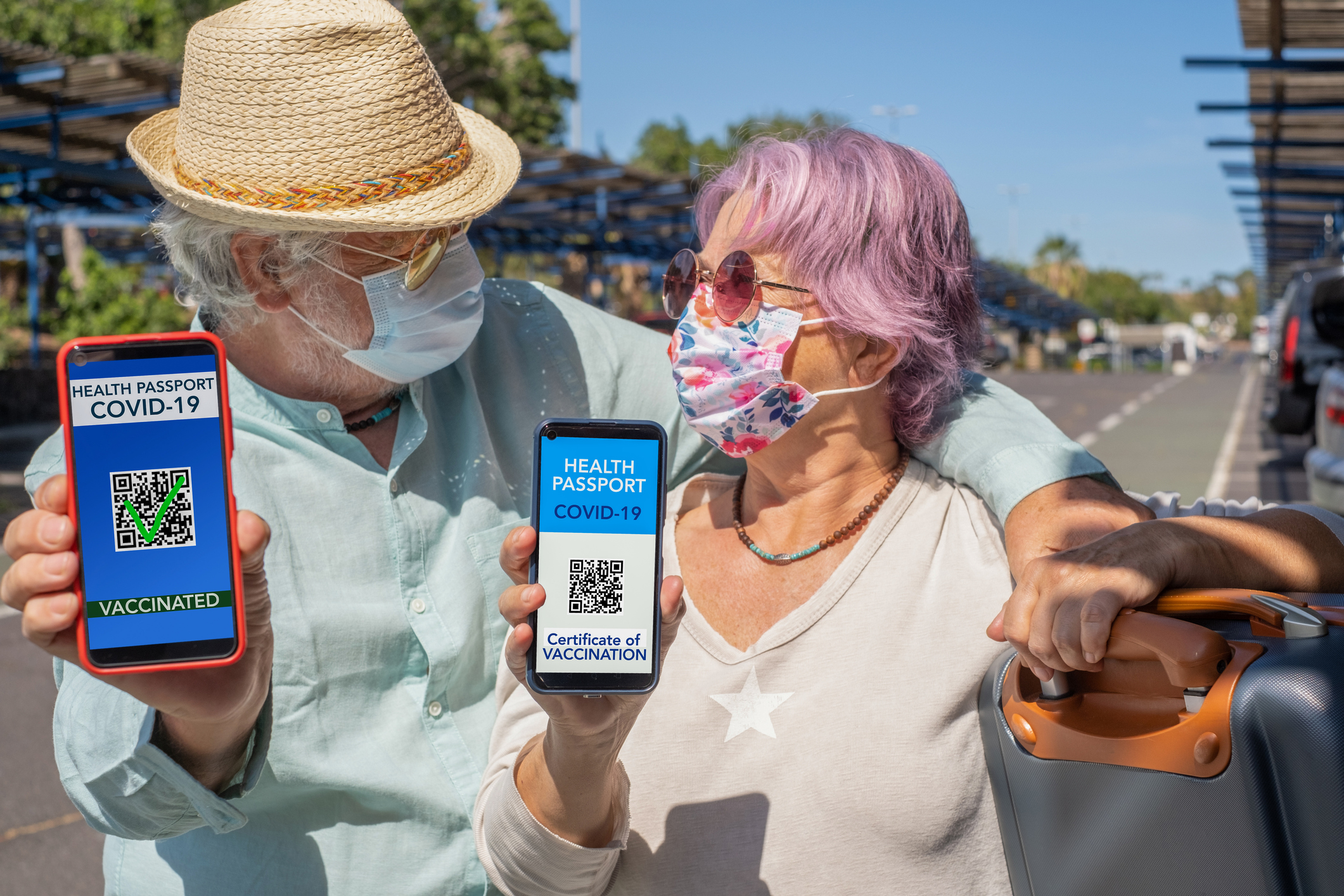With more international borders reopening, and vulnerable populations receiving their third COVID vaccine, travel is once again possible. But the digital vaccine passports that many governments have adopted may leave seniors who aren’t tech-savvy feeling frustrated, anxious, and excluded.
According to a recent Simon Fraser University survey, in order to bridge the digital gap among older adults in the vaccine card rollout in British Columbia, community-based senior agencies will need to play a crucial role to ensure all seniors are included. Because not all seniors have access to or rely on digital technology, researchers have found that many older adults were expecting a permanent physical vaccine card and were overwhelmed by the terminology used and the information they received during the passport launch.
Not only are some seniors lacking digital literacy and fearful of asking for help with vaccine passports, but many older adults also expressed concerns over privacy and security or were also coping with language barriers.
There is some good news for seniors frustrated with technology and digital passports – more community centers are responding to the need for assistance with drop-in support services, free public computer access, and one-on-one tech support. BC residents can also access help saving a digital copy of their vaccine card through the BC government website, by asking a friend or family member for help or visiting a library. A paper copy can also be ordered by phone or printed at a Service BC office. A similar process is in place for all provinces and territories.
Although each province and territory in Canada will be responsible for issuing a vaccine passport for use when traveling, they will all have a common appearance and include a QP code that can be digitally validated by border officials. Learn more about the Canadian COVID-19 proof of vaccination by following this link to the Government of Canada website.






Add Your Voice
0 Comments
Join the Discussion